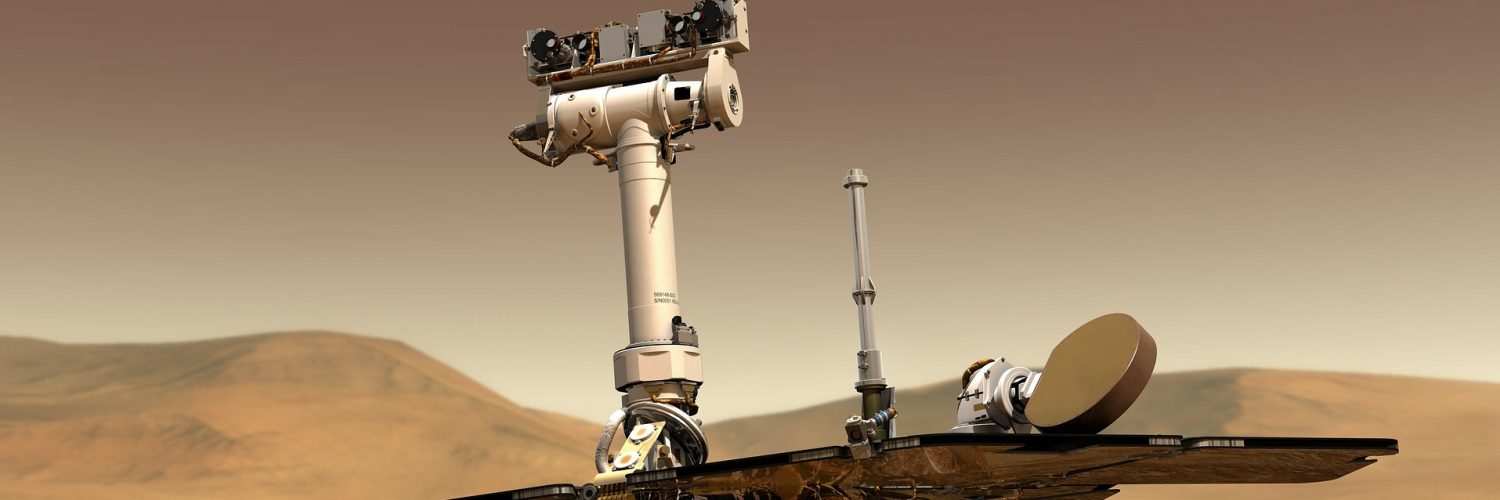Whether it’s Elon Musk looking to send one-way spaceships to Mars or Matt Damon growing and surviving on red (planet) potatoes, our closest neighboring planet and arguably most believable alternative to universal expansion is always an attention grabber in the space travel community. Now, the leap toward possibly cultivating Mars just got a little smaller (maybe) with news of a project to explore crop growth on its surface.
The National Aeronautics and Space Administration (NASA) has created a platform for the exploration of Mars. The program just awarded UbiQD, Inc., a New Mexico-based nanotechnology development company, a Small Business Technology Transfer Program (STTR) Phase 1 contract, providing funding for its research.
UbiQD manufactures high-performance cadmium-free quantum dots and composite materials. What are they? The former, which represents the QD in UbiQD, are efficient ultraviolet lights, and the latter are things like particle boards, certain plastics and metals. The company focuses on applications that use these nanomaterials to manufacture sunlight, which in turn enables solar windows and greenhouses, variables used in farming.
But UbiQD couldn’t do it all alone. They pulled in the University of Arizona’s Biosystems Engineering Department and its Controlled Environment Agriculture Center for help. The program, headed by Dr. Gene Giacomelli, is stepping in to develop an innovative approach to managing wavelengths of light, transferring the light from source to plant leaf. In other words: manipulating a greenhouse to create a farm on Mars to grow things like, you guessed it, potatoes.
“The goals are to improve the lighting efficiency of a light source for the production of plants within a closed, controlled environment…thereby making food production for future habitats on other planets more viable,” says Giacomelli. “[Foods] will grow like they do on Earth, but at least initially in hydroponics.”
Giacomelli and co. have a high-level goal of drastically improving and personalizing indoor crop growth. The Controlled Environment Agriculture Center at the University of Arizona focuses its efforts on the production of plants and their products, like vegetables and flowers, inside greenhouses.
The lab will be used by a student and Giacomelli to demonstrate the actual improvement of light conditions when under test material, like greenhouse films, and document plant response. They’ll also be looking at the light environment that causes plant response.
The center isn’t new to the space food race either. It currently has three greenhouses that are developing everything from mushrooms to vertical gardens, but have also been researching and growing food that astronauts can eat. It uses plants to sustain a vegetarian diet for astronauts as well as provide air, water recycling and waste recycling opportunities.
UbiQD has been developing it agriculture films since getting a big financial boost last year from Breakout Labs. It’s fine-tuning its focus on creating these greenhouse films and promoting vegetable production and heightened plant growth pace. The matching of the company and UofA’s program came at the perfect time as Giacomelli has seen significant improvements in research and farming development.
















Add comment